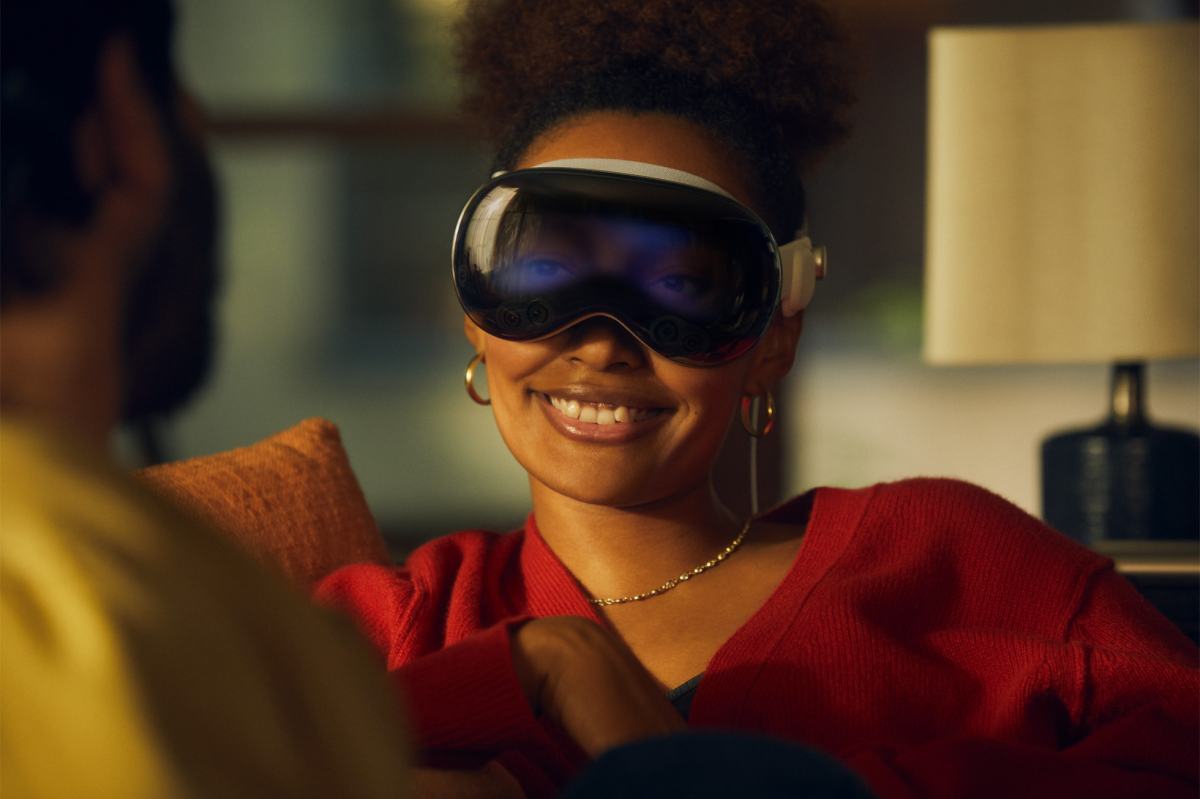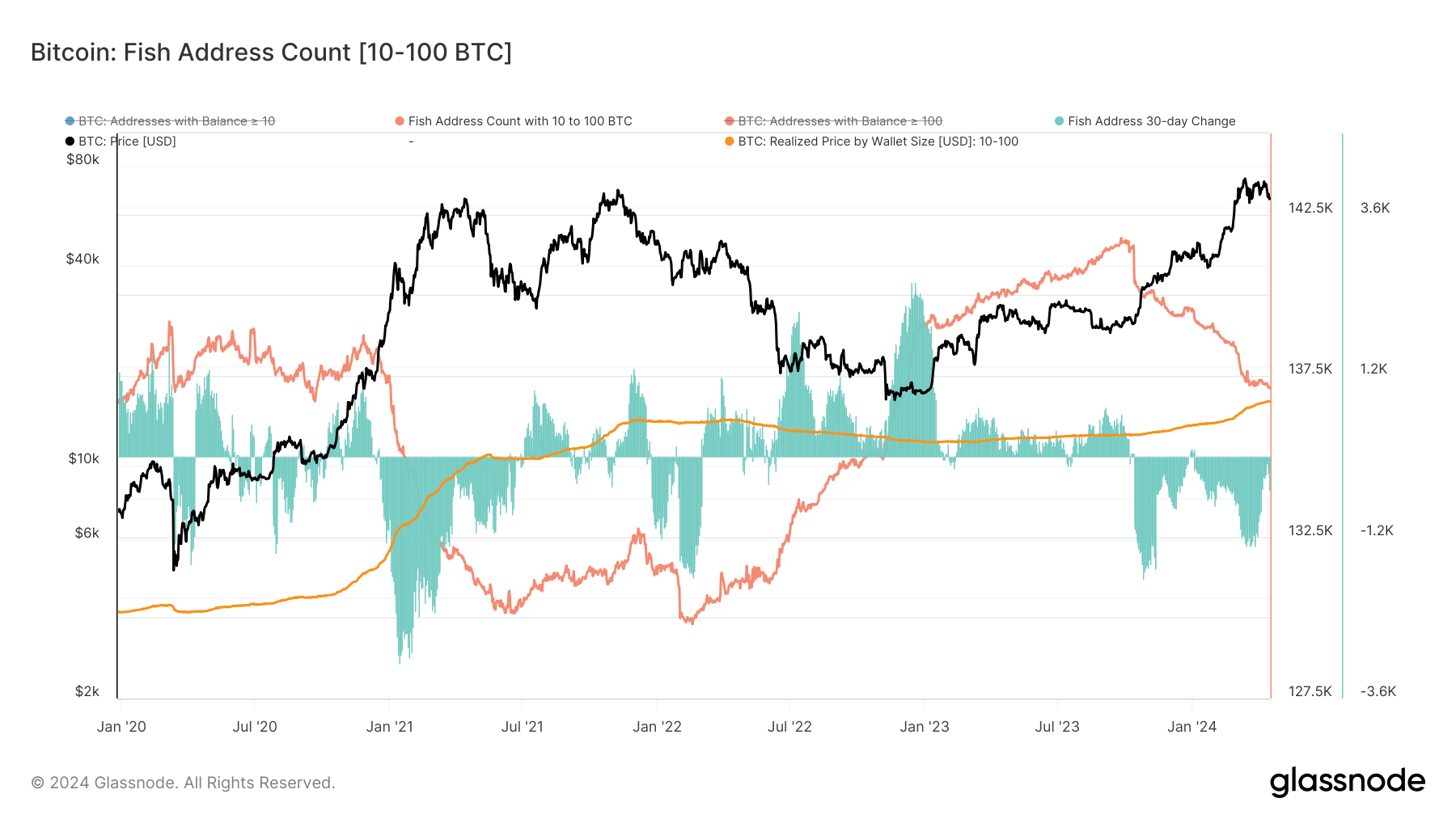The Importance of Addressing VR Nausea in the XR Industry
Avi-Bar Zeev is an experienced designer of virtual reality experiences with a rich background that dates back to the 1990s, where he was involved in the early discussions around creating the Metaverse. Having previously worked at Apple as the Senior Manager of Experience Prototyping for the Vision Pro, Bar-Zeev is now urging companies in the XR industry to address a critical and overlooked issue: the prevalence of nausea among users when utilizing headsets like the Quest 3 and Apple Vision Pro.
Although many tech companies may have conducted internal studies on this matter, Avi emphasizes the need for transparency and a public discussion on this topic to settle the ongoing debate. His call to action includes a request for information on which demographics are more prone to nausea, especially in scenarios such as working, watching movies, and engaging in virtual activities.
The Gender Component of VR Nausea
One of the startling revelations brought to light by Avi’s initiative is the lack of substantial research, particularly regarding the gender component of VR-induced nausea. Despite numerous studies and anecdotal evidence pointing to a noticeable difference in how men and women experience virtual reality, the industry as a whole has failed to address this issue proactively.
For instance, academic danah boyd raised concerns about the gender implications of VR nausea as far back as 2014, highlighting a critical gap in research that continues to persist today. Studies have shown a significant percentage of women experiencing nausea in VR environments, yet companies like Meta have not actively pursued further investigations into this phenomenon.
The Urgent Need for Greater Transparency
As the XR industry continues to expand and innovate, the issue of VR-induced nausea remains a pressing concern that demands attention. While virtual reality offers numerous benefits and applications, the potential negative impact on user experience cannot be ignored. Companies like Meta and Apple, with their significant investments in VR technology, need to prioritize research and transparency to ensure a safer and more inclusive user experience.
Through initiatives like Avi Bar-Zeev’s call for data sharing and open research on VR nausea, the industry can work towards better understanding and addressing this persistent issue. By fostering a culture of collaboration and knowledge-sharing, companies can provide users with more immersive and enjoyable VR experiences that cater to diverse demographics.
Image/Photo credit: source url





